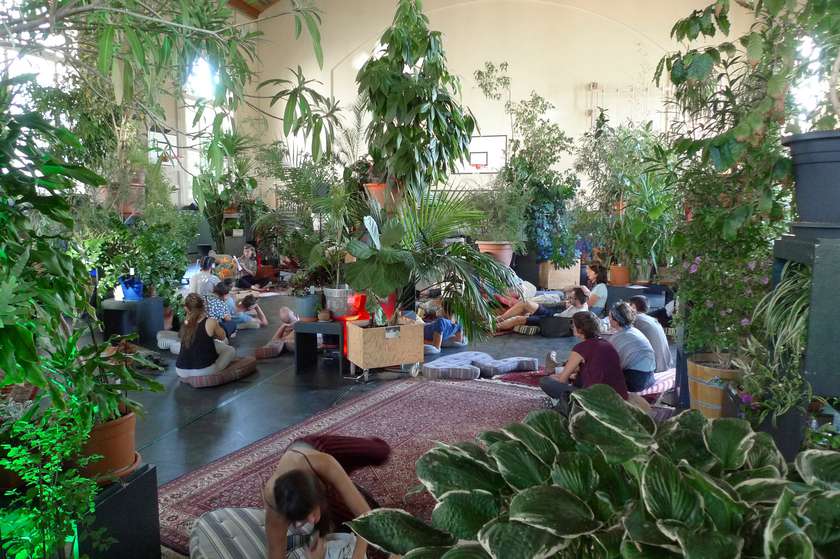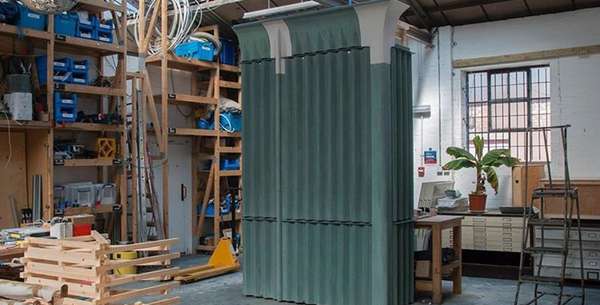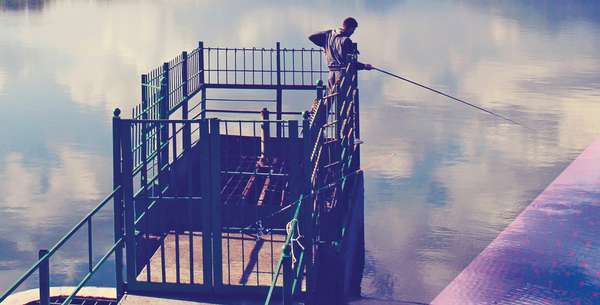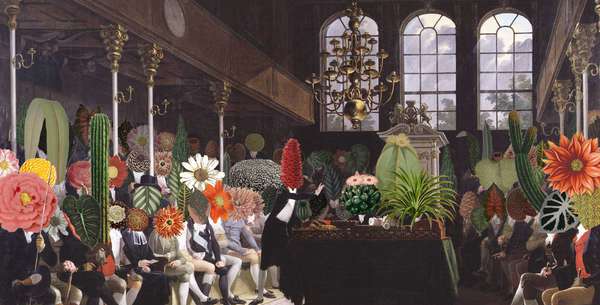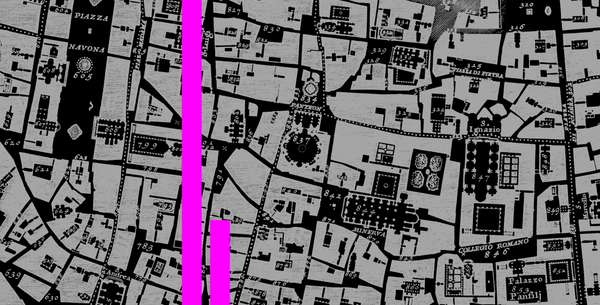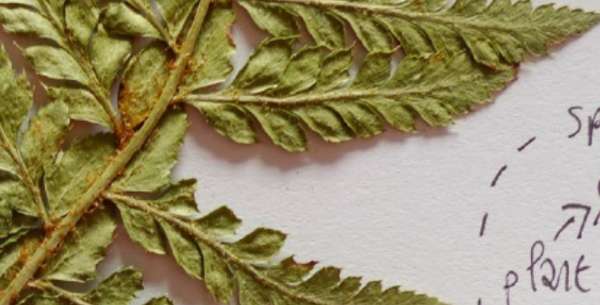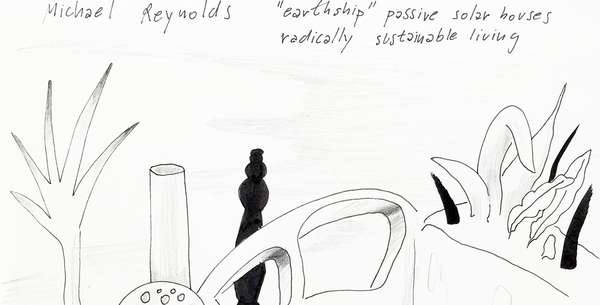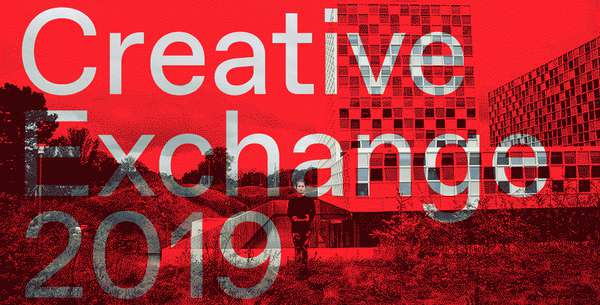Idea by
Céline Baumann
http://studiocelinebaumann.com/
Call for ideas 2019
Queer Nature
Queer Nature
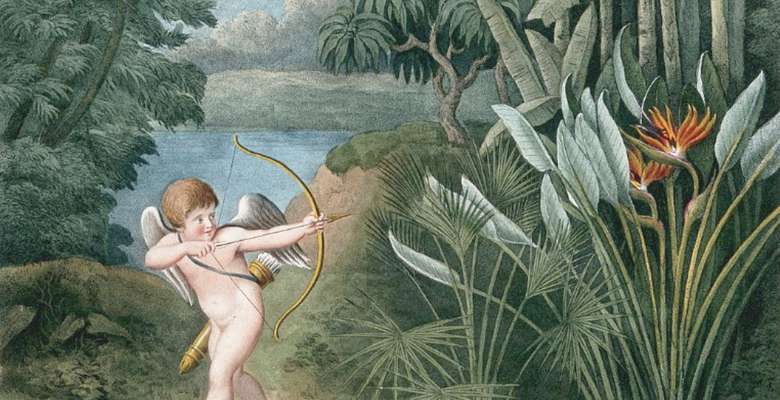
- New alliances
The diversity of gender expression in plants is all around us. Their reproducing organ - commonly the flower - responds to a great diversity of gender form variations. Some are unisexual and own separate male and female attributes, either on a separate specimen, or with separate male and female flowers on the same plant. Some species are bisexual, also known as simultaneous hermaphroditism, and poses both male and female parts within the same flower. Others are transitionally transgender, also described as sequential hermaphroditism. Such species change their morphological expression from male to female to hermaphrodite, depending on a number of factors like age, time of day, or environmental conditions. The Queer Nature project result is a living collection of items: pressed and dried specimens, illustrations, pictures, and stories. It addresses persons with interests ranging from art, architecture, botany and sociology, and those curious by the nature of queerness in general.
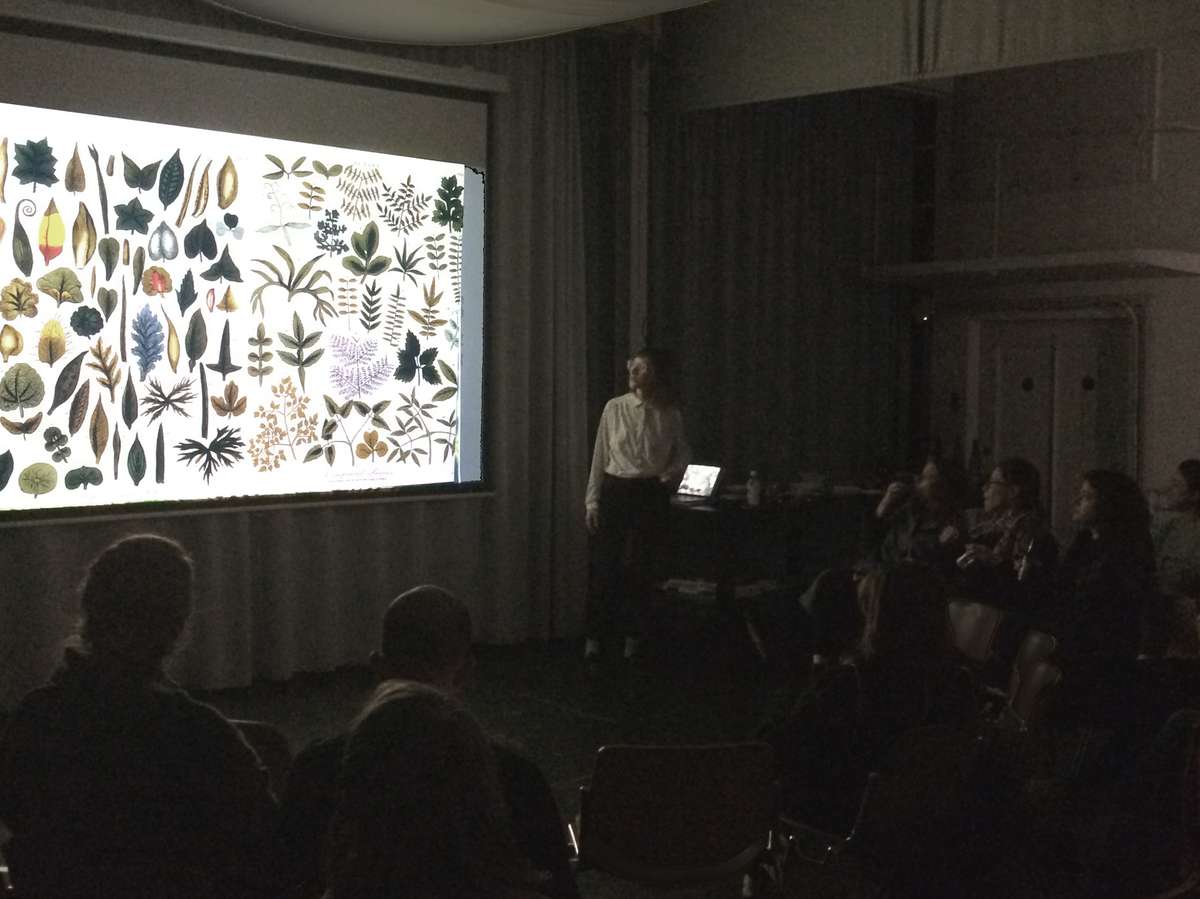
Talk about the queer lives of plants during TEOK #41 in March 2018 at Laboratoire Bâle. The Edge of Knowledge (TEOK) is an informal lecture series, where uncommon, unexpected topics are presented. Short presentations with topics ranging from food to the cosmos, internet memes and personal obsessions are seeking to offer an alternative look at the cultural outputs of the contemporary – and a window into the fantastic, rich ensemble of people that live and work around us.
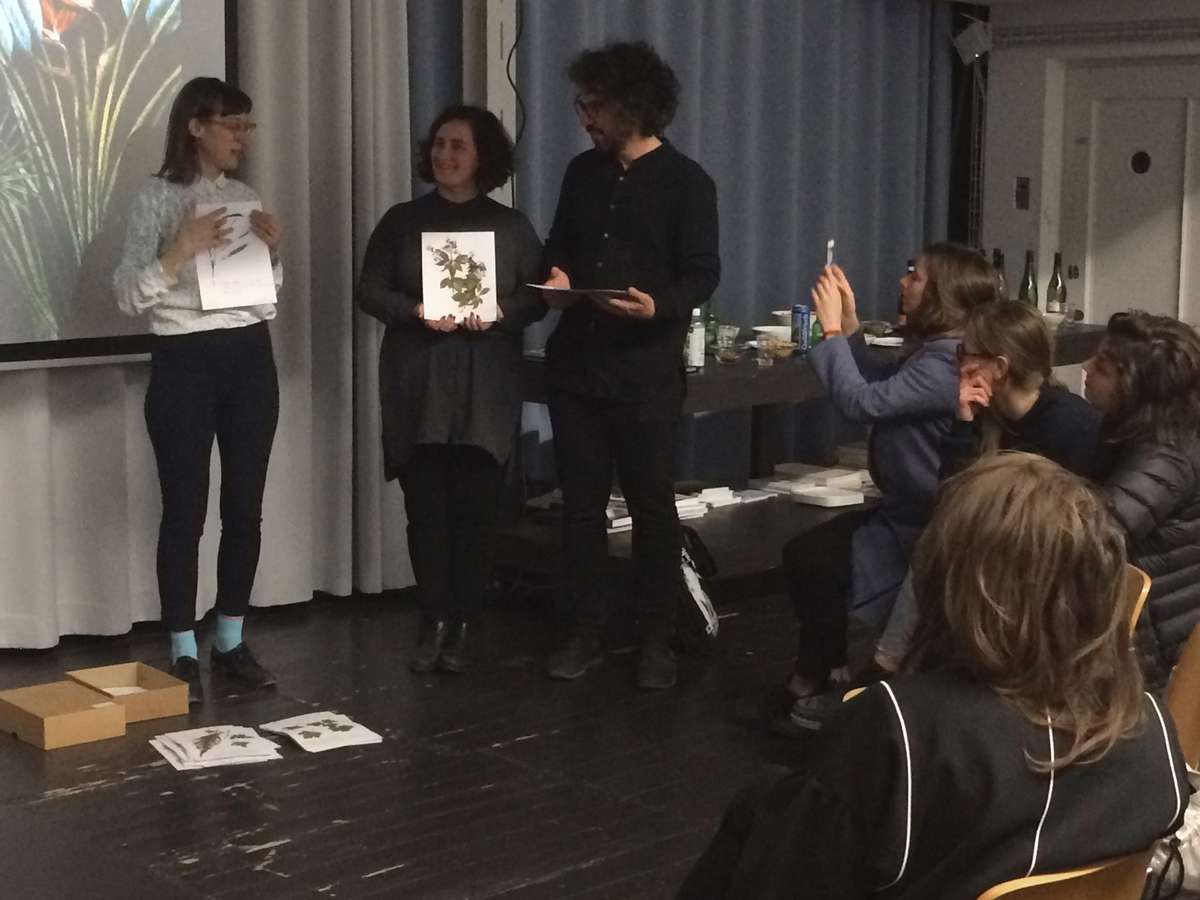
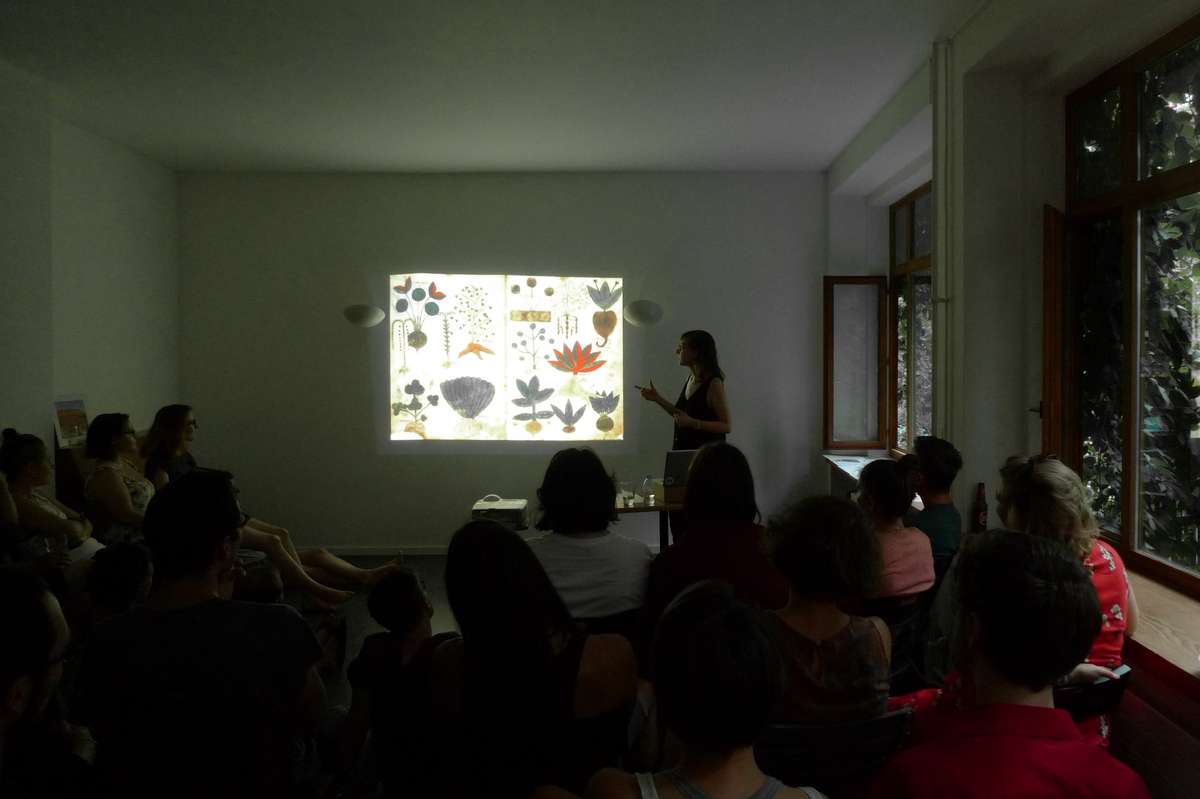
Talk about the Queer Nature project in June 2018 in a private garden in Basel St Johann. The evening is initiated by Schwesterprojekt, a collective organising unconventional queer events in Basel. The lecture explores the little known, disregarded, or rare intimate behaviour of nature.
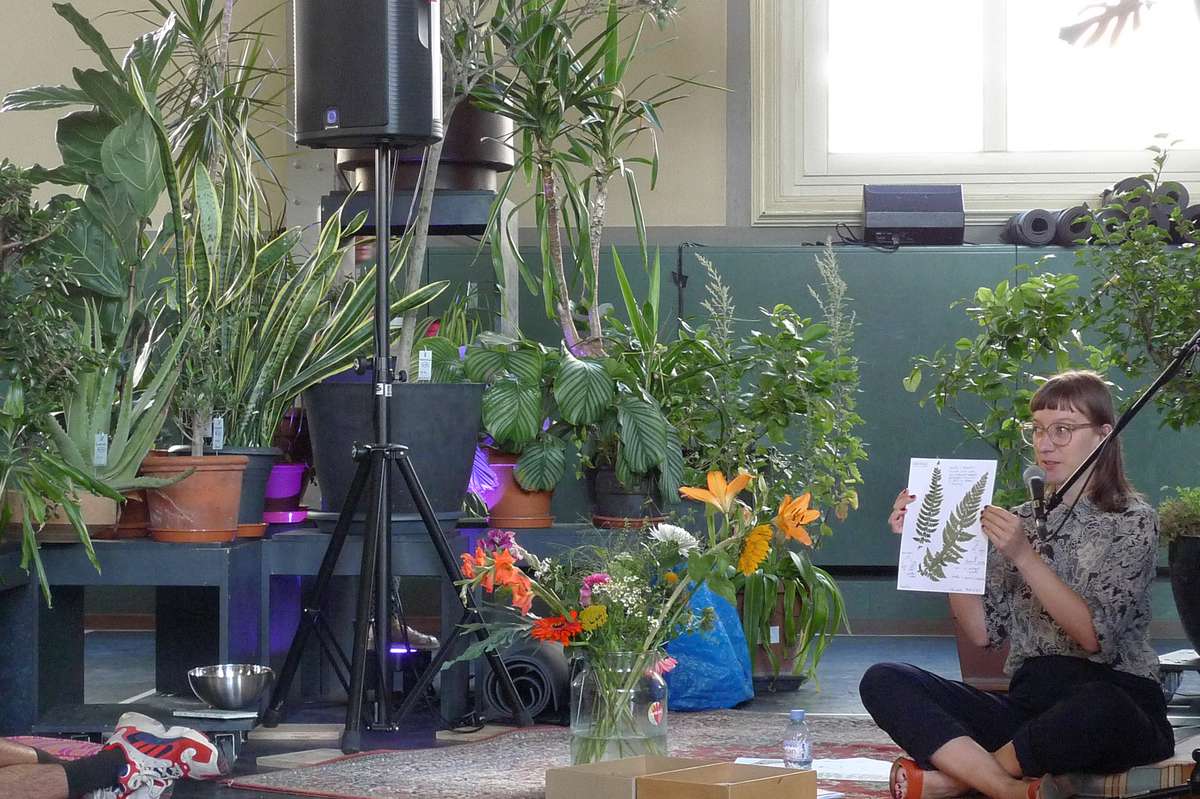
Lecture at “Garden State” during Basel’s Theatre Festival, in September 2018. The “Garden State” project from MAMAZA is inspired by the story of Libertalia, a possibly fictional anarchist island colony founded in the late 17th century near Madagascar in which pirates and freed slaves lived communally in a peaceful environment. A paradise-like garden in the Klingental Hall invites all to become part of this special community.
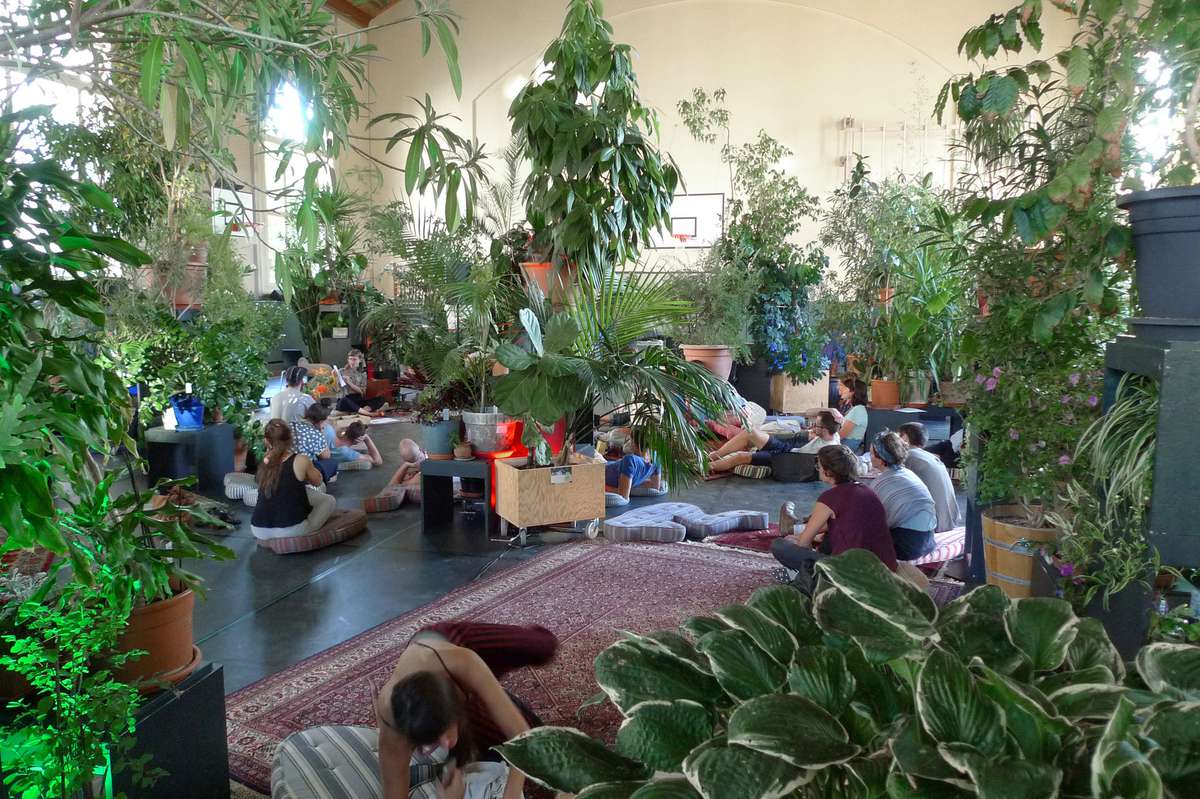
Queer Nature
Queer Nature

- New alliances
The diversity of gender expression in plants is all around us. Their reproducing organ - commonly the flower - responds to a great diversity of gender form variations. Some are unisexual and own separate male and female attributes, either on a separate specimen, or with separate male and female flowers on the same plant. Some species are bisexual, also known as simultaneous hermaphroditism, and poses both male and female parts within the same flower. Others are transitionally transgender, also described as sequential hermaphroditism. Such species change their morphological expression from male to female to hermaphrodite, depending on a number of factors like age, time of day, or environmental conditions. The Queer Nature project result is a living collection of items: pressed and dried specimens, illustrations, pictures, and stories. It addresses persons with interests ranging from art, architecture, botany and sociology, and those curious by the nature of queerness in general.
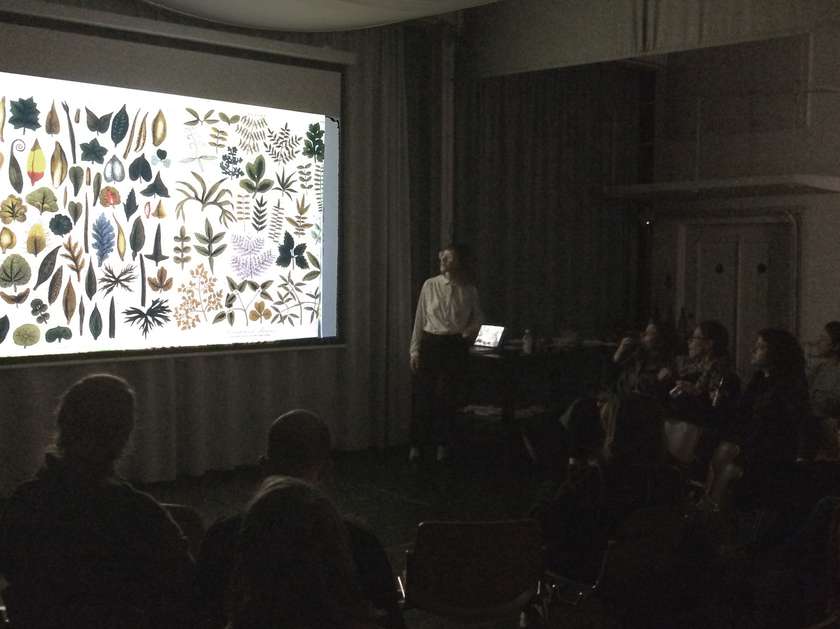
Talk about the queer lives of plants during TEOK #41 in March 2018 at Laboratoire Bâle. The Edge of Knowledge (TEOK) is an informal lecture series, where uncommon, unexpected topics are presented. Short presentations with topics ranging from food to the cosmos, internet memes and personal obsessions are seeking to offer an alternative look at the cultural outputs of the contemporary – and a window into the fantastic, rich ensemble of people that live and work around us.
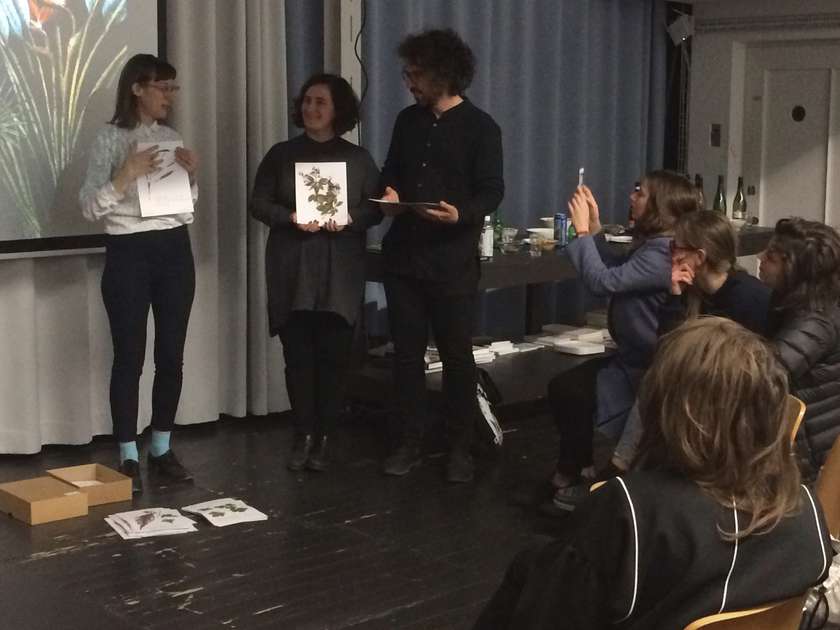
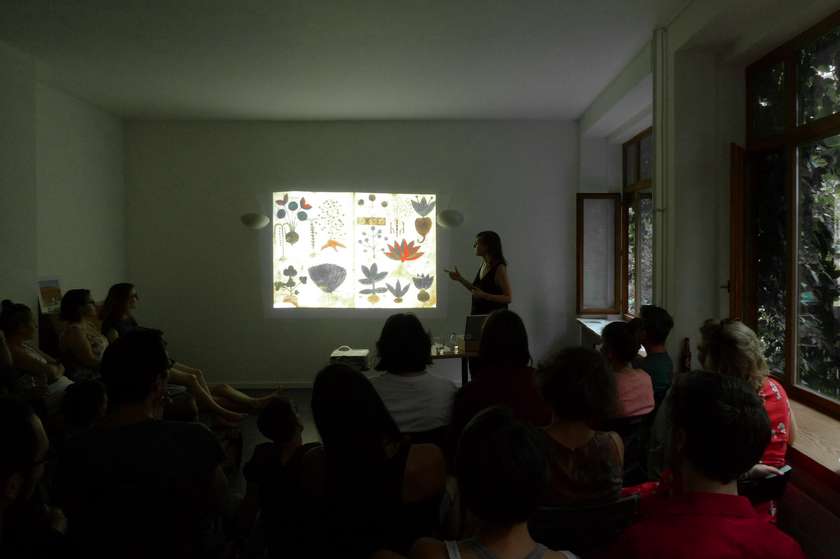
Talk about the Queer Nature project in June 2018 in a private garden in Basel St Johann. The evening is initiated by Schwesterprojekt, a collective organising unconventional queer events in Basel. The lecture explores the little known, disregarded, or rare intimate behaviour of nature.
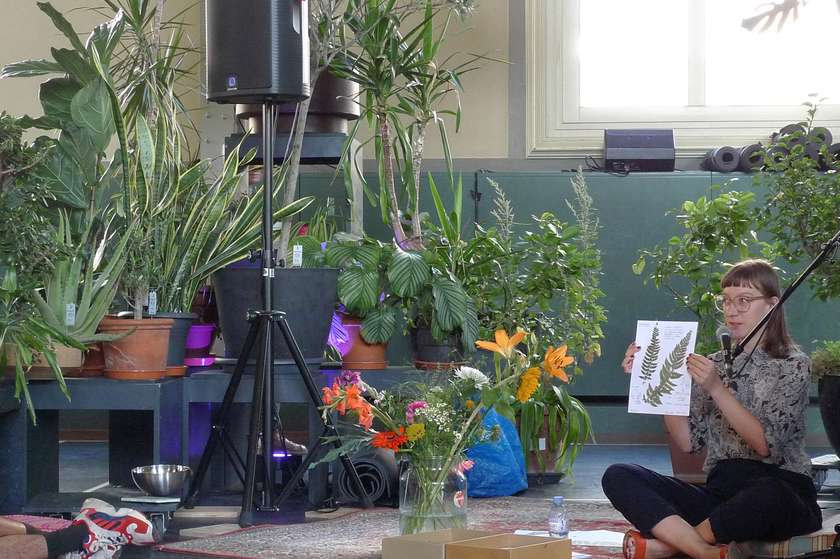
Lecture at “Garden State” during Basel’s Theatre Festival, in September 2018. The “Garden State” project from MAMAZA is inspired by the story of Libertalia, a possibly fictional anarchist island colony founded in the late 17th century near Madagascar in which pirates and freed slaves lived communally in a peaceful environment. A paradise-like garden in the Klingental Hall invites all to become part of this special community.
